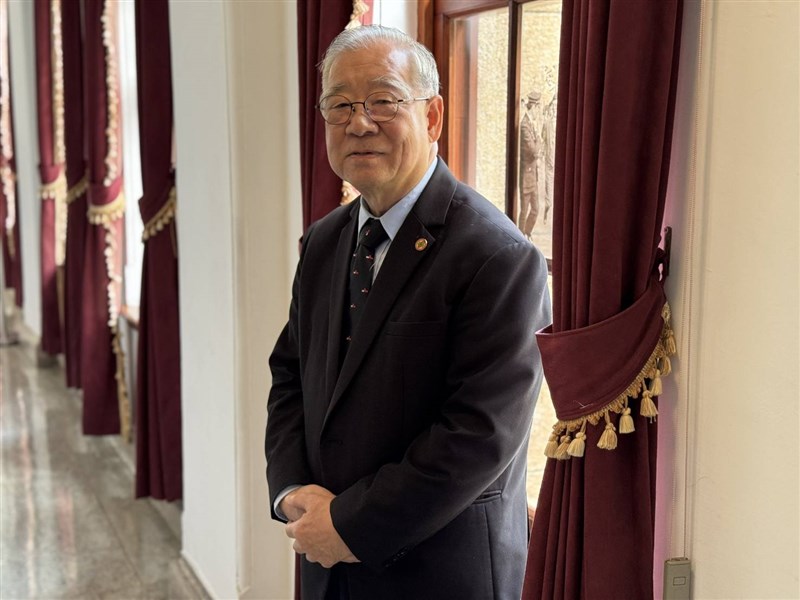FEATURE / Taiwan's 1st transgender legislative candidate vows to continue activism
01/19/2024 10:18 AM
Despite a crushing election defeat, Abbygail ET Wu (吳伊婷), Taiwan's first transgender legislative candidate, has vowed to continue fighting to eliminate the burden of undergoing sex-change surgery placed on those wanting to legally change their gender.
(Full text of the story is now in CNA English news archive. To view the full story, you will need to be a subscribed member of the CNA archive. To subscribe, please read here.)
More in FEATURE
-
![To some, transitional justice has yet to expunge ghosts of 228 Incident]() To some, transitional justice has yet to expunge ghosts of 228 IncidentWhen Kenneth Wang (王文宏) recounted his father's suffering during the 228 Incident of 1947, he used humor to break up the difficult memories.02/28/2026 09:49 AM
To some, transitional justice has yet to expunge ghosts of 228 IncidentWhen Kenneth Wang (王文宏) recounted his father's suffering during the 228 Incident of 1947, he used humor to break up the difficult memories.02/28/2026 09:49 AM -
![Banana threat: Taiwan decodes secret to tackling banana killer TR4]() Banana threat: Taiwan decodes secret to tackling banana killer TR4When the banana-killing Panama disease was detected in September 2025 in Ecuador, the world's largest banana exporter, it sent chills through the global industry.02/20/2026 12:30 PM
Banana threat: Taiwan decodes secret to tackling banana killer TR4When the banana-killing Panama disease was detected in September 2025 in Ecuador, the world's largest banana exporter, it sent chills through the global industry.02/20/2026 12:30 PM -
![Beyond new clothes: Children in need get private LNY shopping session]() Beyond new clothes: Children in need get private LNY shopping sessionOutside the flagship store of Taiwanese apparel brand NET in downtown Taipei, a queue -- made up of children and their parents -- had formed well before regular opening hours, despite the chilly late-January morning.02/14/2026 04:03 PM
Beyond new clothes: Children in need get private LNY shopping sessionOutside the flagship store of Taiwanese apparel brand NET in downtown Taipei, a queue -- made up of children and their parents -- had formed well before regular opening hours, despite the chilly late-January morning.02/14/2026 04:03 PM
Latest
-
Business
Taiwan's January export orders hit record US$76.91 billion, up 60 percent
03/04/2026 10:11 PM -
Society
New Taipei censured for not preventing sex offender from running Go class
03/04/2026 10:02 PM -
Politics
KMT nominates female candidates for county magistrate elections
03/04/2026 09:31 PM -
Society
MOL to expand childcare subsidy scheme to encourage employer support
03/04/2026 08:59 PM -
Business
TSMC aims to complete new Tainan fab in 2028 amid AI-driven expansion
03/04/2026 08:35 PM


